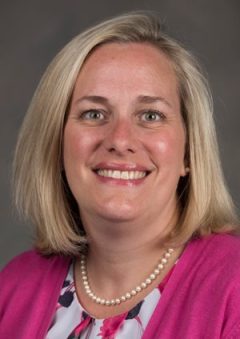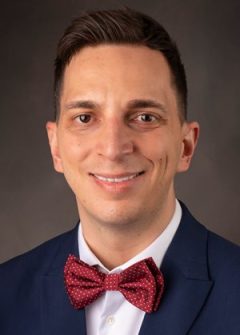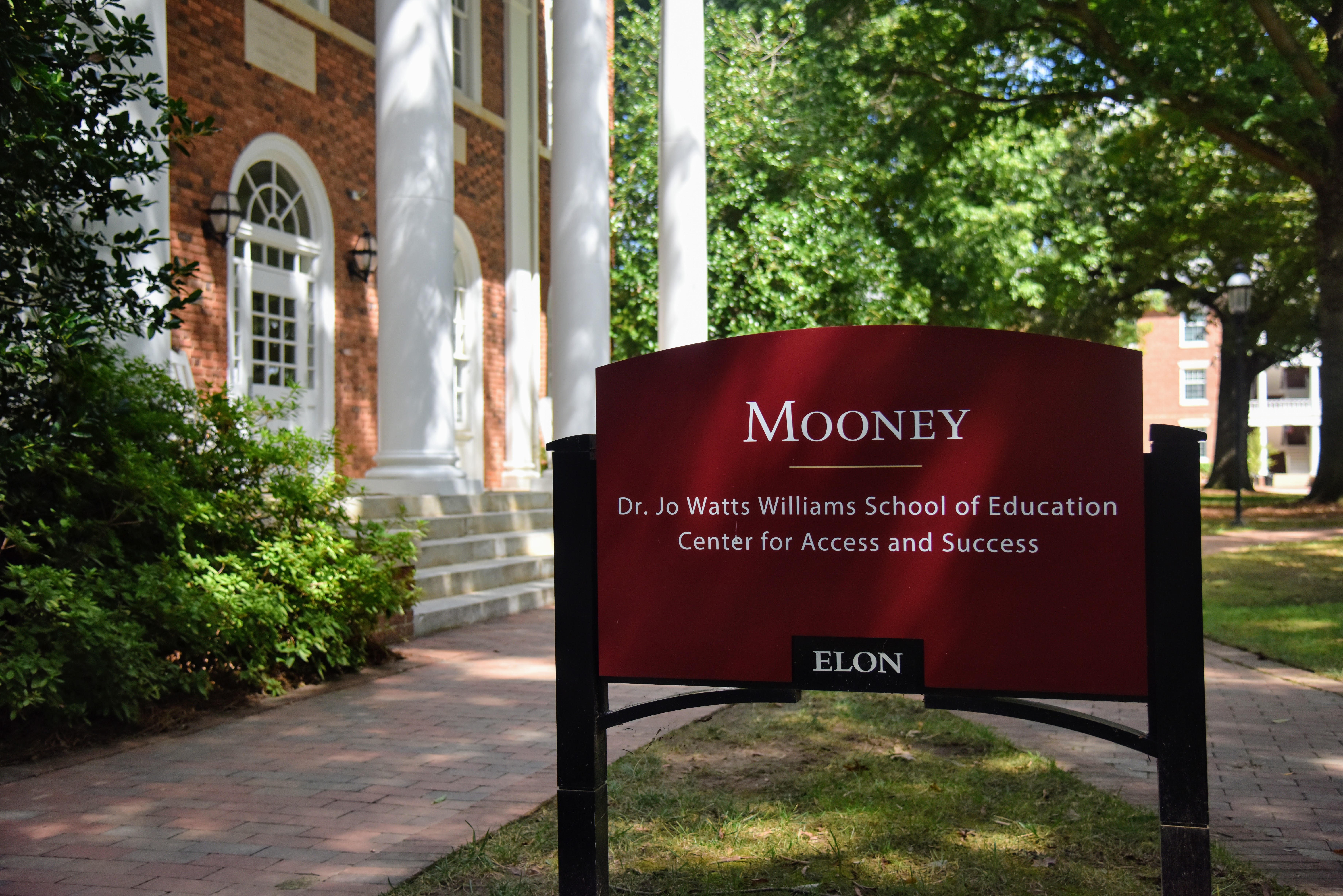Thanks to the grant, the Dr. Jo Watts Williams School of Education will host the conference, which will focus on inclusive technology tools and partnerships with multilingual students, families and communities.
Thanks to a $2,250 grant from the Elon Innovation Council, current and future educators will be able to dive deeper into how to establish partnerships with multilingual students, families and communities as well as how to integrate inclusive technologies into their classrooms.
The grant will support the 2022 Elon Education Conference to be held at the Dr. Jo Watts Williams School of Education on Sept. 24. The conference, with a focus on “Transformative and Inclusive Technology Tools and Partnerships with Multilingual K-12 Students, Families, and Communities,” is designed to bring together current Elon education students, local educators as well as Elon alumni in education for the hybrid conference that combines in-person and virtual presentations.

The conference supports the Elon Innovation Council’s goal of fostering lifelong alumni partnerships through professional development, networks and learning opportunities that can create lasting connections between alumni and the university.
“We want to have our students in conversation with practicing educators,” said Allison Bryan, director of the Curriculum Resources Center and associate librarian in the School of Education, who is organizing the conference with Assistant Professor of Education Nermin Vehabovic. “It helps make that theory-to-practice connection for them. It also benefits our local schools to have local educators working and learning alongside each other.”
The Elon Innovation Council annually offers grants of up to $5,000 to Elon students, faculty and staff for innovative project proposals that support the objectives and themes within Boldly Elon, the university’s 10-year strategic plan. Proposals can be centered around objectives such as building interdisciplinary work on campus, enhancing inclusivity and belonging, supporting the internationalization of Elon’s campus, building local partnerships and connections with alumni and other areas.
The conference will follow a 2018 conference Bryan organized with Senior Lecturer in Education Erin Hone called the “ElonEd Collaborative Tech Conference.” The conference, like this one, will focus on better integrating new technologies into the classroom to encourage a higher level of student engagement.

“The biggest piece of feedback we received was that people wished it was more than a half-day,” Bryan said about the 2018 conference. “We’re still seeing similar data from our students that technology continues to be a struggle, but it’s in a different way now because students are always online now. They’re looking for ways to integrate it more meaningfully — to gain that experience and use strategies to build meaningful relationships.”
More specifically, the conference will look at how to leverage those technologies to support multilingual students and their families. It’s a topic of particular interest to Vehabovic and one that teachers in the surrounding schools continue to grapple with. He’s heard from education students that when they are doing their practicums in local classrooms, they don’t feel well-prepared to work with multilingual families.
The benefits of having teachers better prepared to work with multilingual students and their families go beyond those specific students, Vehabovic said. “A strategy that works effectively with multilingual students can benefit students who are not multilingual students,” he said. “If you’re in a bilingual or English-dominant classroom, all students benefit when there are strategies around using various languages.”
The day-long conference will include 13 sessions on topics including assistive technology, teaching with instructional technology, developing diverse learning communities in the classroom, navigating home-school relations and more. Bryan and Vehabovic have tapped into the experiences of Elon alumni now in the classroom to benefit current students and local educators.
“I am looking at our alumni and wanting to leverage their expertise,” Bryan said. “We hope they hold certain mindsets and beliefs that they are putting into practice that they can then share with students.”



